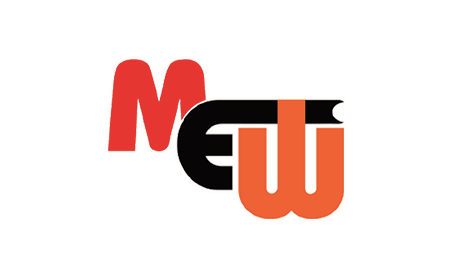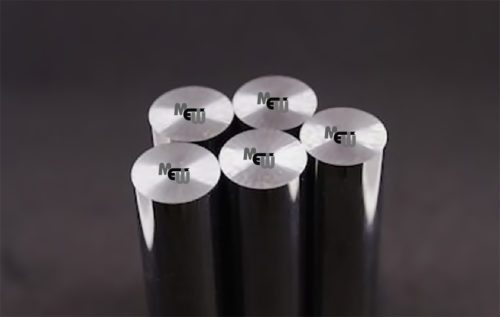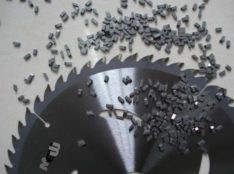Carbide Rod
- Description
- Reviews (0)
- Add a review
Description
Our solid carbide rods are offered in various grades ranging from K10 to K40.
| Application |
| • Welding • Manufacturing End Mills, Drill bits and Reamers • Manufacturing of automobile cutters, engine cutters, milling cutters • Cemented carbide stamping head, core bar and perforation tools |
Carbide Rods (Variants):
Unground Rods

Ground Rods

Ground Rods with Chamfer

Rods with Central Coolant Hole

Rods with Two Straight Coolant Holes

Rods with Two Helical Coolant Holes

Reviews (0)
- There are no reviews yet.
 Address
Address  Contact
Contact  Phone
Phone 


Be the first to review “Carbide Rod”